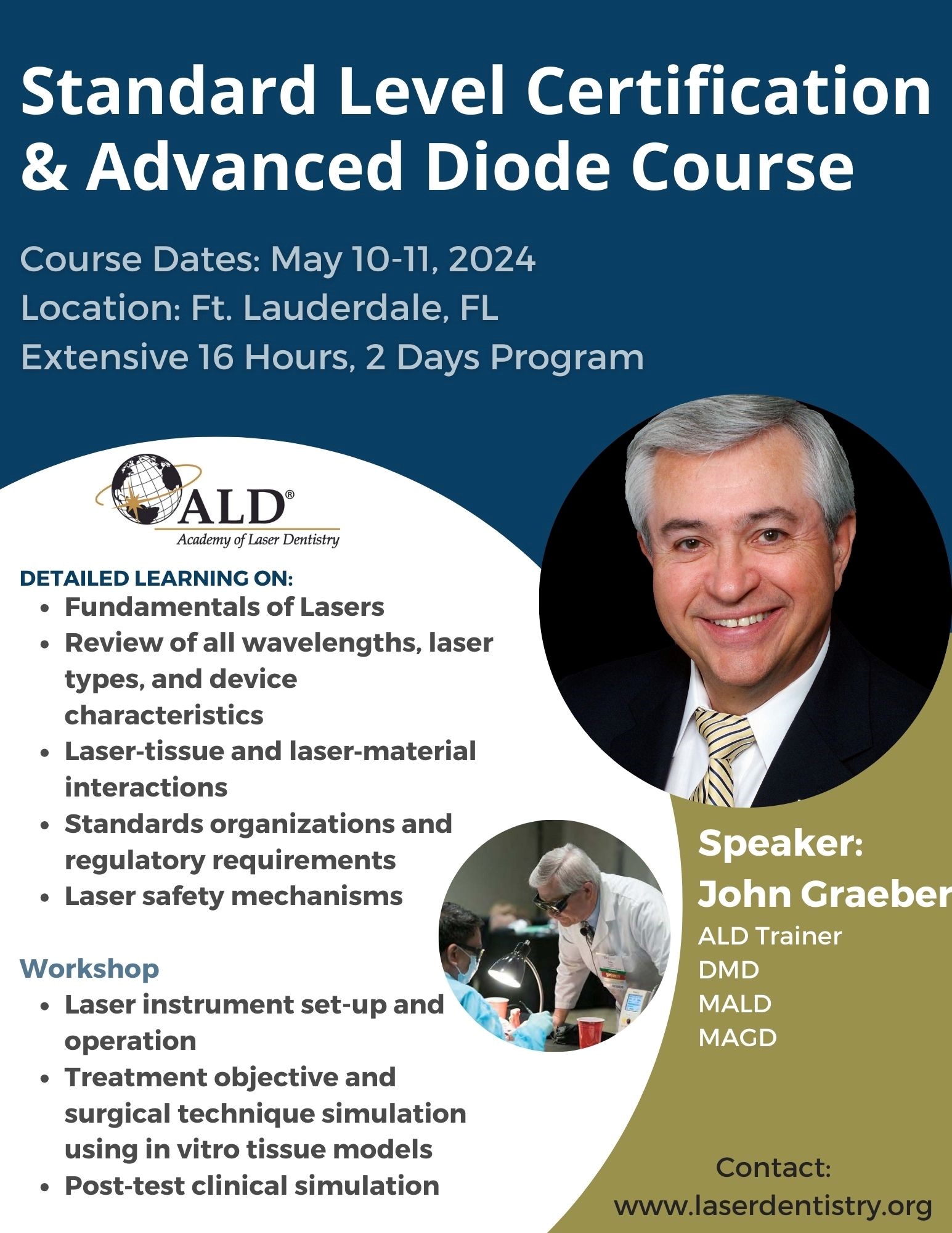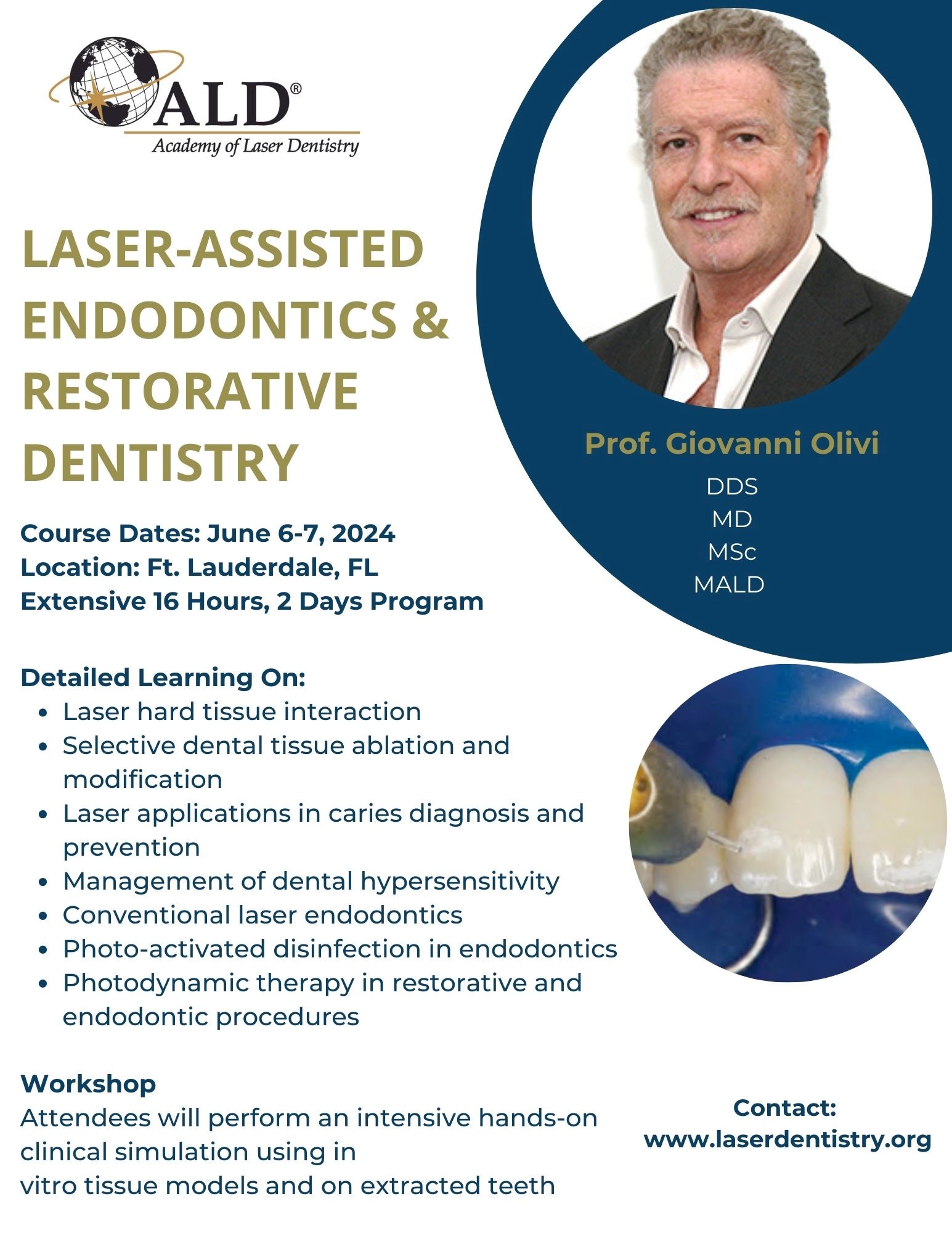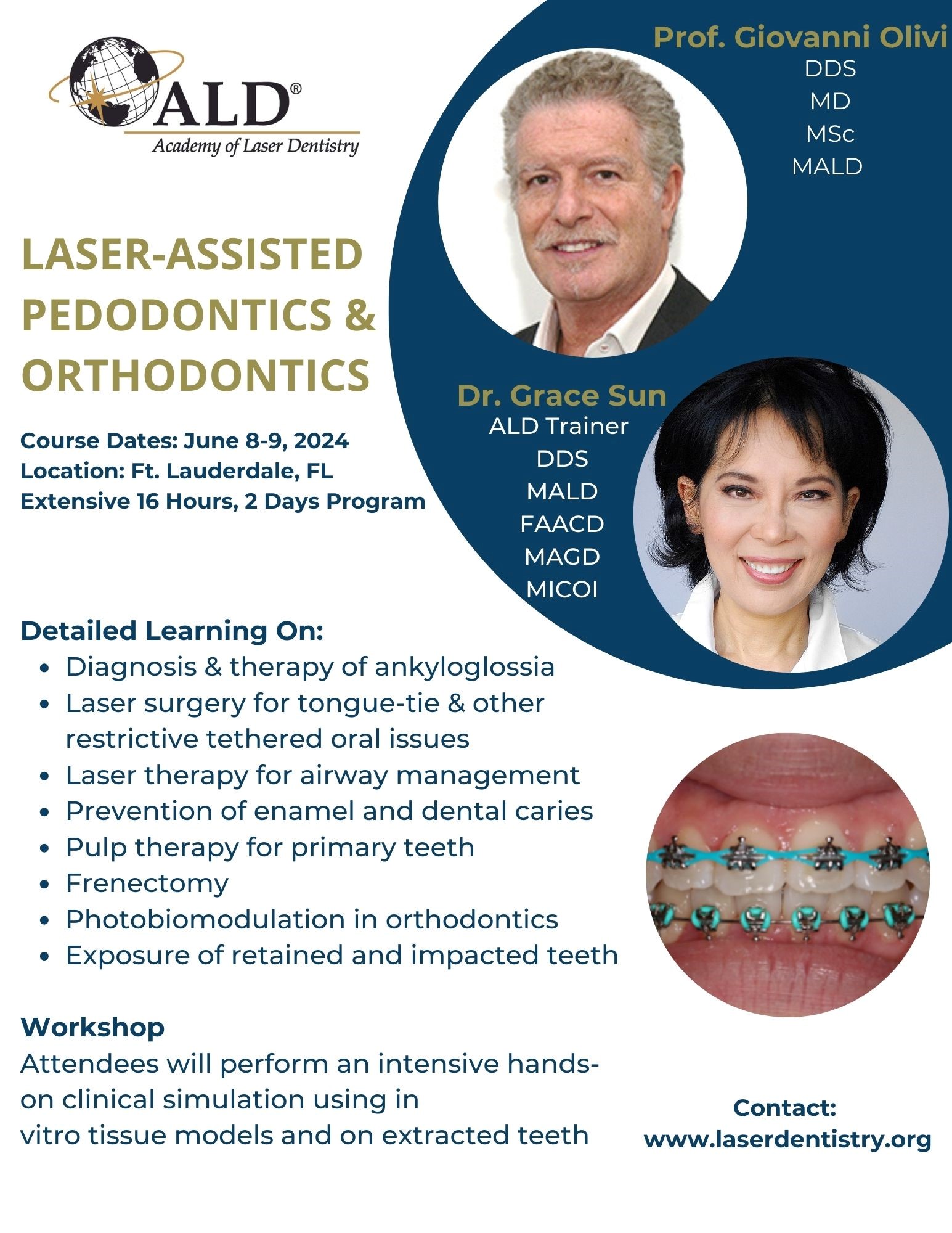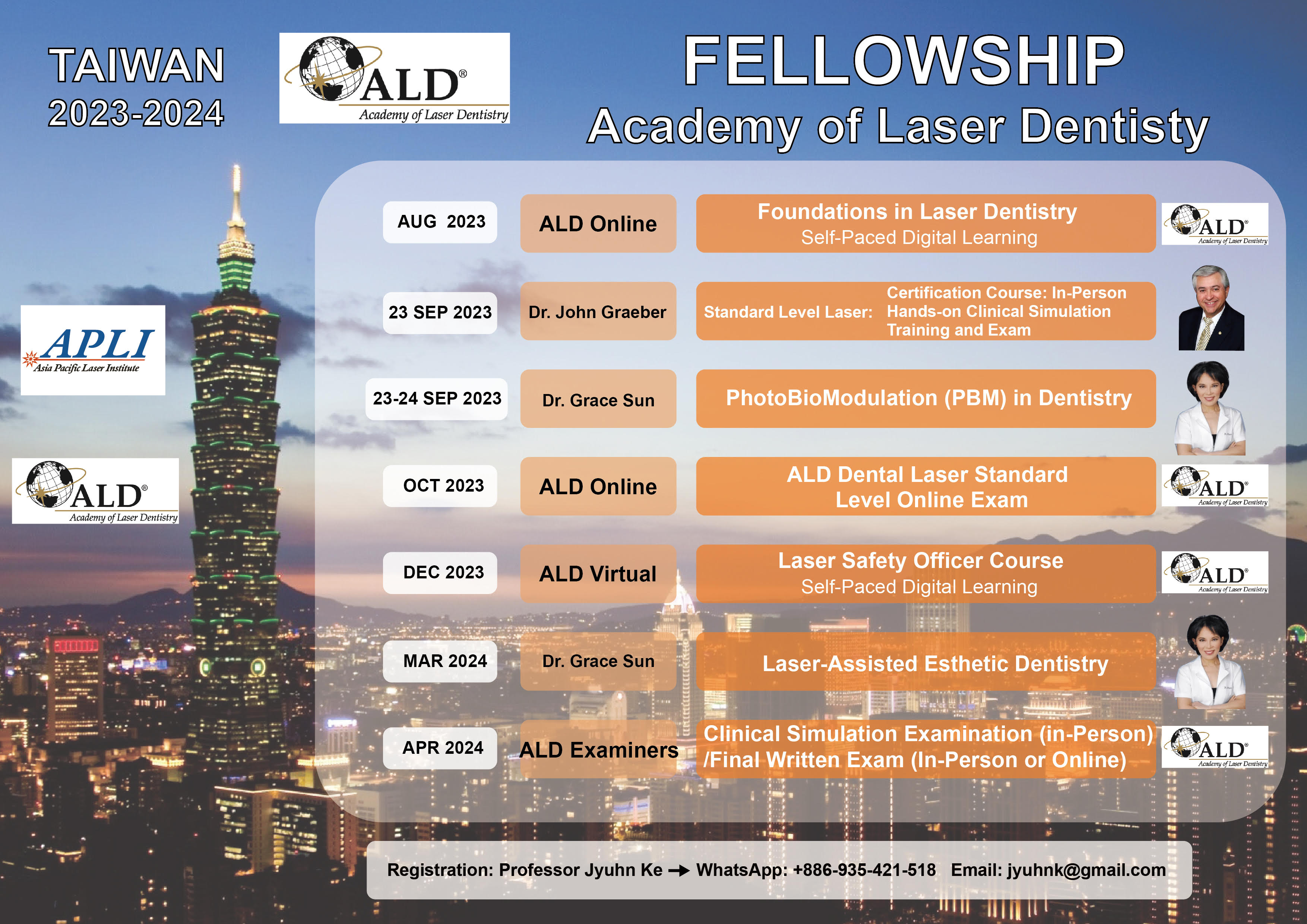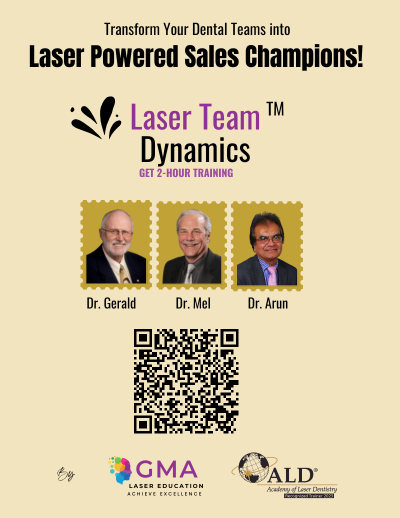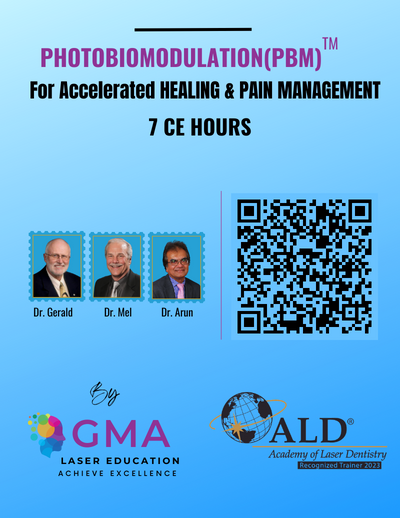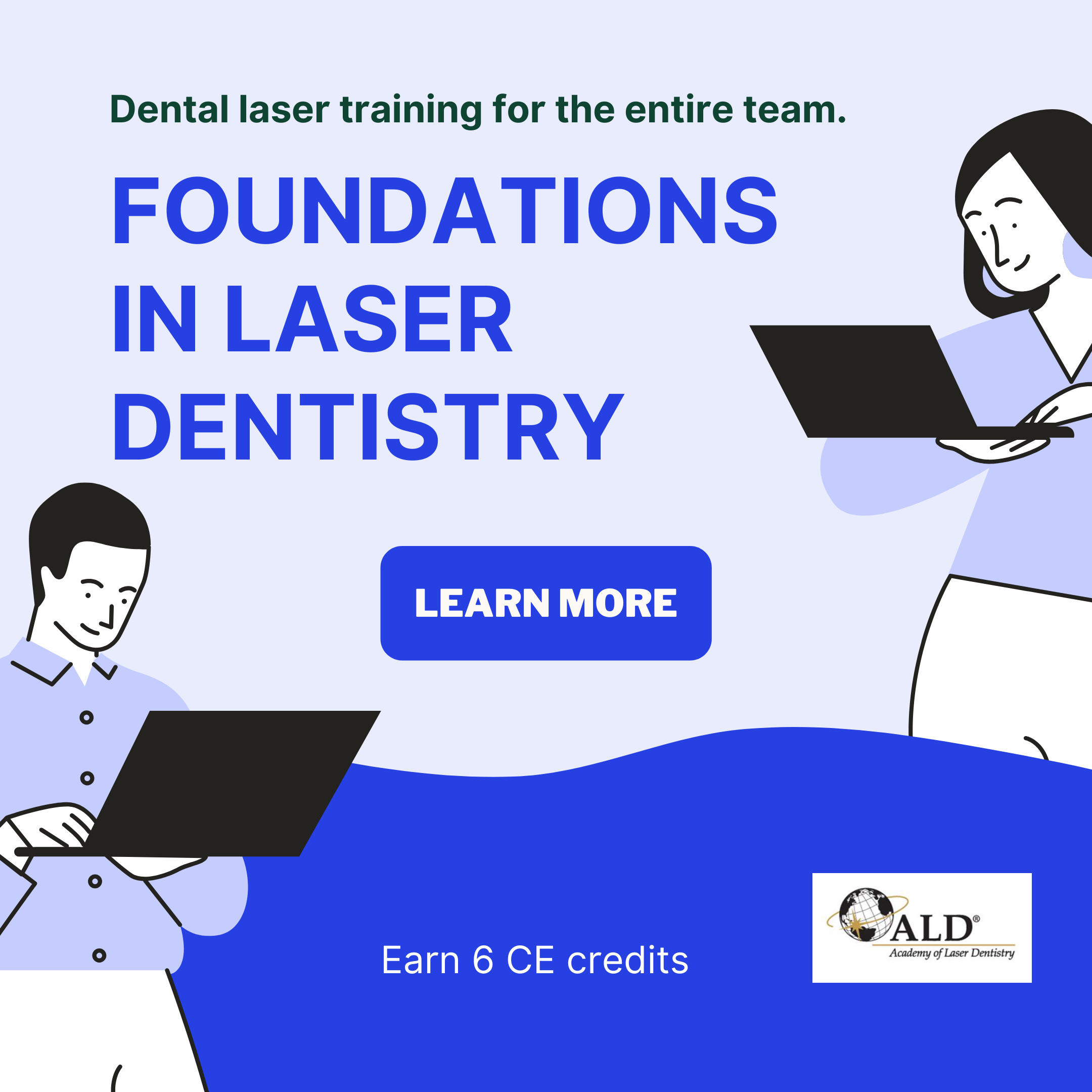By Kristin Pristavec-Hunter, RDH, BS
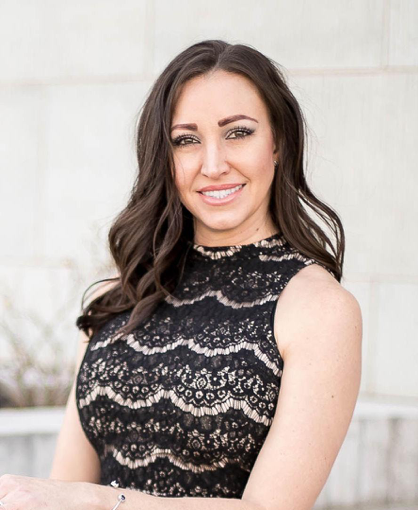 Starting a new job can be intimidating on its own, but as a contract hygienist "filling-in" is like the first day, every day. With COVID, this makes that first-day experience more worrisome. Safety protocols vary between each office, you never know what to expect. Some offices have gone bare bones and even ask that the clinician bring their own PPE while others have made a big effort in upgrading practice systems and give you every piece of PPE you could imagine.
Starting a new job can be intimidating on its own, but as a contract hygienist "filling-in" is like the first day, every day. With COVID, this makes that first-day experience more worrisome. Safety protocols vary between each office, you never know what to expect. Some offices have gone bare bones and even ask that the clinician bring their own PPE while others have made a big effort in upgrading practice systems and give you every piece of PPE you could imagine.
Dental communities shut down in an effort to slow the spread of COVID, but as I go from office to office, I have seen that scenario was not always the case. Previous notes display dates during the shutdown for elective procedures such as prophies. So what is the contract employee to do to ensure their safety?
Here are a few things to consider.
- Ask about PPE before presenting to the office. Personally, I will not go to an office that asks I pro-vide my own PPE. I’m there to fill a spot for the day and help, the least they can do is provide all necessary PPE! Appropriate masks, surgical cap, gown, and face shield are all important pieces of the PPE puzzle to have made available to you.
- Have the office outline there screening process to you. Screening the patients over the phone has become more normal now to ensure they have not been around anyone who has been sick or has not been sick themselves. This is usually done before the patient enters the office but some wait until the patient is in the building and at the front desk.
- Recording a patient's temperature is another new precaution we now all take. Most offices have delegated this responsibility to the front desk, or to the clinician retrieving the patient from the parking lot. Do not see patients that are sick! In the past, we may have let some patients slide with "I’m just getting over this cough" and "I’m not contagious anymore". Now it’s not a question, just reschedule the patient.
- Pre-procedural rinses and the use of the laser for decontamination are more popular than ever to bring down the population of bacteria in the mouth. While there are no direct studies with lasers and COVID a study completed in 2014 with ultra short-pulsed lasers and viruses showed the laser was able to deactivate the virus known as, Murine Cytomegalovirus (MCMV).
The COVID-19 pandemic has caused many changes, too many to count. While a lot of dental professionals have been back at work for a few months, others have chosen to retire, take more time off, or change careers completely. The perspectives among professionals may vary no matter what position is held.
Recently, we have asked ALD members to share their experiences and views on how COVID has changed dentistry. Dr. Duke wrote "Dentists are a resilient group of people. I have made many positive safety changes over my 35+ years in practice. Some of these COVID changes will be an improvement and worth the extra costs to both the dentist and the patients. Many will be a waste of resources as we learn more about this virus" when speaking about her perspective on COVID and dentistry. Camille Luke RDH also shared her experiences in a recent article, "We are now in a new era, dealing with a new pandemic, requiring new infection control practices to keep dental providers and patients safe". They highlighted their experience in dentistry with regard to COVID.
We all have to do our part to protect our patients and ourselves. Stay safe!
Study Referenced: Tsen, S. W., Chapa, T., Beatty, W., Xu, B., Tsen, K. T., & Achilefu, S. (2014). Ultra-short pulsed laser treatment inactivates viruses by inhibiting viral replication and transcription in the host nucleus. Antiviral research, 110, 70–76. https://doi.org/10.1016/j.antiviral.2014.07.012

